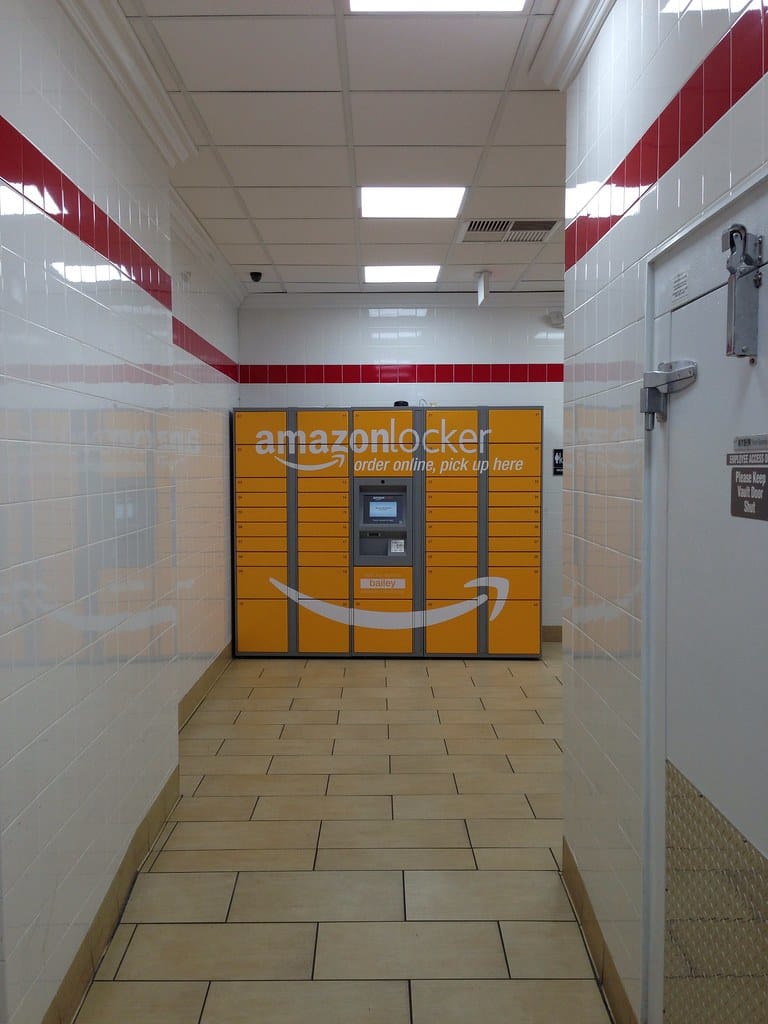Amazon Warehouses Face Mass Exodus as Legal Status Changes Trigger Worker Departures
Hundreds of workers are walking away from Amazon warehouse jobs across multiple facilities following recent changes in legal status requirements, creating significant operational challenges for the e-commerce giant and highlighting broader tensions in American immigration policy and workforce management.
The Scope of the Problem
Amazon warehouses in several states have reported substantial workforce reductions, with some facilities losing 20-30% of their staff in recent weeks. The departures are primarily concentrated among workers whose legal status has been affected by recent policy changes or enforcement actions.
Industry sources indicate that facilities in Texas, California, and New York have been particularly impacted, with some warehouses reporting difficulty maintaining normal operations during peak shipping periods. The timing couldn't be worse for Amazon, which relies heavily on seasonal workers to handle increased demand during holiday shopping seasons.
Behind the Legal Status Changes
The worker departures stem from multiple converging factors affecting immigration status and work authorization. Recent changes to federal immigration policy, increased enforcement actions, and stricter documentation requirements have created uncertainty for workers who previously operated in legal gray areas.
Key factors driving the exodus include:
- Enhanced verification processes for work authorization documents
- Increased Immigration and Customs Enforcement (ICE) activity near warehouse facilities
- Changes to temporary protected status (TPS) for certain countries
- Stricter penalties for employers found to be hiring unauthorized workers
Many affected workers held valid work authorization that has since expired or been revoked, forcing them to seek employment elsewhere or leave the workforce entirely.
Impact on Amazon Operations
The sudden workforce reduction has created immediate operational challenges for Amazon's fulfillment network. Warehouse managers report increased overtime costs as remaining workers take on additional shifts to maintain productivity levels.
"We're seeing significant strain on our ability to meet delivery commitments," said one warehouse supervisor who requested anonymity. "When you lose hundreds of experienced workers almost overnight, it takes time to recruit and train replacements."
The company has responded by:
- Increasing hourly wages at affected facilities
- Implementing accelerated hiring processes
- Offering signing bonuses for new warehouse workers
- Expanding partnerships with temporary staffing agencies
Broader Industry Implications
Amazon's situation reflects wider challenges facing the logistics and warehousing industry, which has become increasingly dependent on immigrant labor. The American Warehousing Association estimates that approximately 25% of warehouse workers nationwide are foreign-born, making the sector particularly vulnerable to immigration policy changes.
Other major logistics companies, including FedEx and UPS, are reportedly monitoring the situation closely as they face similar workforce composition challenges. The National Association of Manufacturers has noted that sudden workforce disruptions could impact supply chain reliability during critical periods.
Worker Perspectives and Community Impact
The departures have created ripple effects in communities surrounding Amazon facilities. Local businesses that depended on warehouse workers as customers report declining sales, while housing markets in some areas are experiencing increased vacancy rates.
Former Amazon worker Maria Rodriguez, who left after her work authorization status changed, described the difficult decision: "I worked there for three years, knew the systems, had good relationships with supervisors. But when the legal situation changed, I couldn't risk staying."
Community organizations are working to provide support services for displaced workers, including job placement assistance and legal aid for those seeking to resolve their immigration status.
Looking Forward
Amazon has stated its commitment to complying with all federal immigration laws while maintaining its workforce needs. The company is investing in enhanced verification systems and working with immigration attorneys to ensure proper documentation processes.
However, the situation highlights the ongoing tension between business needs and immigration policy in industries that rely heavily on immigrant labor. As enforcement continues and policies evolve, similar workforce disruptions may become more common across the logistics sector.
Key Takeaways
The Amazon warehouse situation demonstrates how quickly changes in immigration policy can impact major employers and supply chains. For businesses in labor-intensive industries, this serves as a reminder of the importance of:
- Maintaining robust legal compliance systems
- Developing contingency plans for workforce disruptions
- Building relationships with diverse recruitment channels
- Investing in worker retention and development programs
As the situation continues to evolve, it will likely serve as a case study for how major corporations navigate the intersection of immigration policy and workforce management in an increasingly complex regulatory environment.
